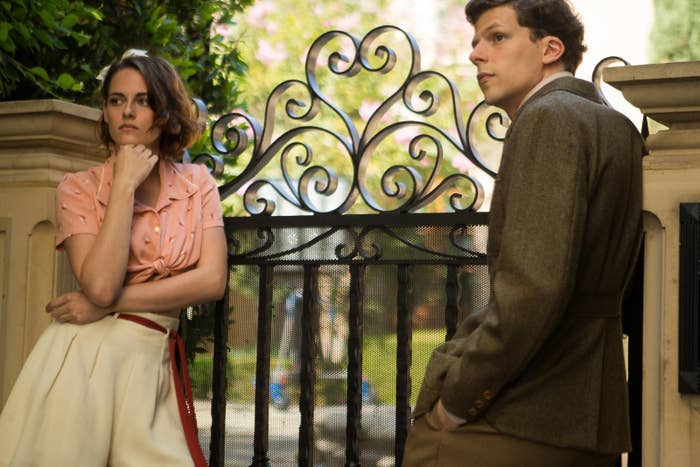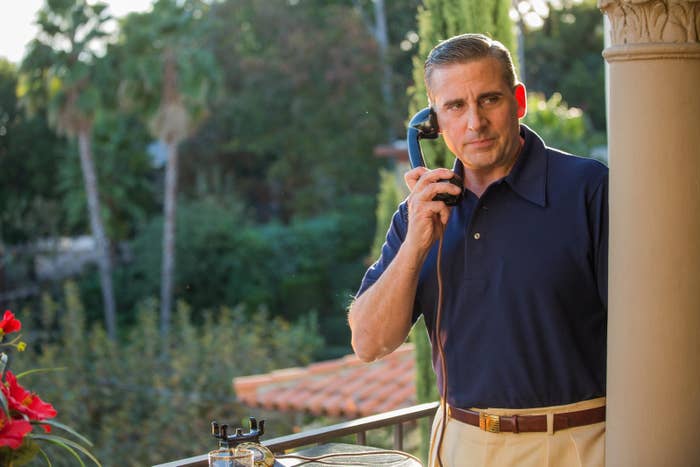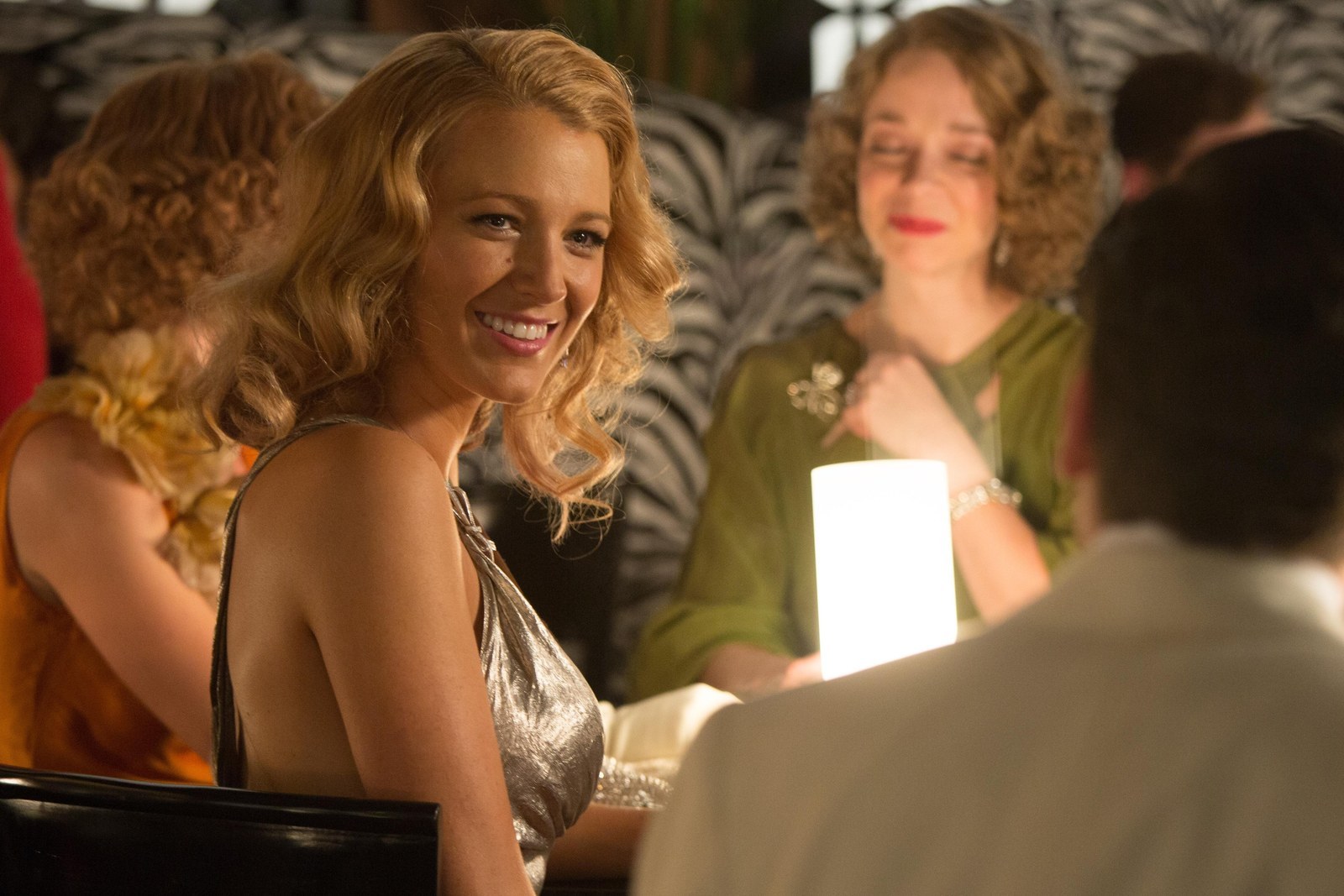
Woody Allen's Café Society had its premiere as the opening-night film at Cannes on May 11.
It's the reason discussions have reignited over accusations that Allen sexually abused his daughter Dylan Farrow when she was 7 years old, though the movie itself has gotten lost in the conflagration. The furor started with a Hollywood Reporter cover story in which — as has almost uniformly been the case in the rare occasions Allen chooses to do interviews — he was not asked about the allegations. He did, however, manage to describe his marriage to Soon-Yi Previn in terms which made him sound like he was patting himself on the back for "saving" an adopted child from another country, rather than discussing his spouse.
A week later, Allen's son Ronan Farrow penned a searing rebuttal in the same outlet, writing that the interview was, to him, "a sterling example of how not to talk about sexual assault." He reprimanded the media for choosing not to jeopardize their access or ruffle feathers by asking Allen anything that would make the director feel uncomfortable, calling stars out for continuing to work with him, and calling Amazon out for making multiple deals with Allen, including one for the rights to Café Society.

Farrow predicted that when Allen and his cast rolled up to the press conference for the new film, they could "trust that the press won't ask them the tough questions. It's not the time, it's not the place, it's just not done." And he was right, though at a press luncheon today, reporters did ask if he'd read Farrow's piece, and he repeated lines he's used before about never reading his own press — including, apparently, a piece by his own child. It was, incidentally, an event from which THR's reporters had been banned by Allen's publicist, proving another of Farrow's points almost too perfectly, and illustrating the protective armor Allen had set up for himself.
It's all enough to blot out any movie, and Café Society is all too blot-out-able, a low-impact bildungsroman starring an Allen-impersonating Jesse Eisenberg as Bobby, a young man from the Bronx who, in the 1930s, leaves home and heads to Hollywood to hit up his uncle Phil (Steve Carell) for a job. Bobby falls in love with Phil's assistant Vonnie (Kristen Stewart), not realizing that she's been dating the married Phil on the sly and will eventually be forced to choose between the two men. Disillusioned with Los Angeles and heartbroken, Bobby heads back to New York to run a nightclub with his gangster brother (Corey Stoll) and to encounter a new romantic prospect (Blake Lively).
It's a film that covers several years and relationships but comes across like a rambling anecdote being told by someone who keeps skipping over the interesting parts. Over a montage, a narrator (Allen) tells us that Bobby and Vonnie fall in love; later, he'll tell us that Bobby met a lot of people and learned a lot of lessons working in the club. If that's not the stuff of the story — the parts that are important to see unfold — then what is? Well, mostly how a young man becomes a slightly older man, and learns that time passes, and people change, and that he shouldn't be a dick. The love story is secondary to what Bobby takes from it, as are his experiences in L.A., which he grows sick of in the space of an edit.

As a movie, it's harmless, though it recycles plenty of standard Allen tics: neurotic hero (there's a painful scene in which Bobby hires and then refuses an escort played by Anna Camp), a younger woman with an older man, lightweight philosophical musings, and nostalgia so thick it gives everything a golden glow. It evaporates upon contact, this melancholy doodle of a movie, its jokes barely jokes. Its only memorable quality is a performance from Stewart so present it almost throws the movie off-balance, suggesting more complexity to her character than seems to have been on the page.
Café Society is Allen's 12th at Cannes, and the festival seems to be on board for as long as he keeps making movies. This year, though, his place of prominence has a particular sting, because this film is clearly meant to be a bit of escapist relief, a pleasant trifle to kick things off before heavier fare (like the three-hour Romanian drama that followed it at the festival). But for plenty of filmgoers, there's nothing about Allen that can ever be a light diversion, not anymore. He casts too large a shadow over his own work to be ignored.

